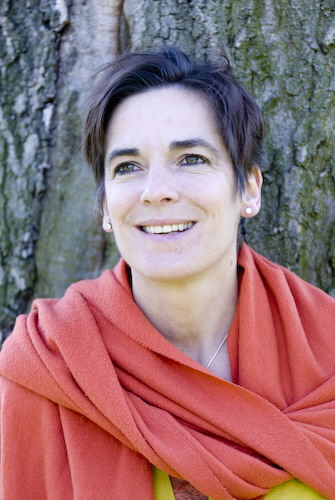Career change is a big change affecting lots of things and often people get stuck for different reasons. Change and clarity about the change need to be created at a number of levels and ‘stuckness’ for a short or longer time can occur at any of these; vision; identity; values; beliefs; capabilities; behaviours; environment.
Vision: The future vision you have for your second career is often very different from your first career or the vision your parents/guardians had for you. Many people fell into their career, or received no/poor advice, so may not have had a vision at all. Creating a vision – the horizon towards which you are always moving towards is crucial, especially through challenging uncertain times and knockbacks.
Identity: Identity – ‘who am I’ in the world of work and society is crucial to how we feel. Having a place in the world and feeling connected is an inherent part of being human. Life is full of job titles and ‘what do you do?’ questions when you meet people in a social or business context. “I am a senior manager” or “I am a doctor’ or “I am a lawyer” for example can be difficult to let go of unless you have thought through the new you and feeling comfortable and congruent with what you say when asked “What do you do?”
Values: What is important to you is an inherent part of the desire for career change – your values. Poor career fulfilment is caused by people’s values not being honoured by their work. If you love innovation, but your boss or employer loves tradition, this is a mismatch and causes dissatisfaction. Making decisions consciously and intuitively about your career or job options around your values is essential. Values also affect what type of employment or self-employment is right for you.
Beliefs: ‘I must work 9-5’ or ‘I need to strive and get to the top of my profession’ or ‘it is impossible to earn a living doing what I love’ are often beliefs that cause people to be stuck. Often the beliefs we have about work are not even ours, but ones that we pick up from society, the media or parents e.g. ‘self-employment is risky’ or ‘a secure job with a career path is essential.’
Capabilities: Everyone is talented in their own unique way but many people find it hard to identify their capabilities and skills and see where else they are useful. If you cannot see where you are moving to, it will be unlikely that you will step off into what can feel like a void or abyss!
Behaviours: Proactivity and self-belief make a huge difference to making a career change, career success and career adaptability. Doing nothing is the easiest behaviour to choose but then nothing changes. Making a decision causes stress and anxiety, magnified in uncertain times and it is human nature to avoid stress and fear. Acknowledging these and keeping on moving forward makes uncomfortable change feel more comfortable.
Environment: The environment in which we thrive can be really important for career fulfilment; being out of the office, or having music on in the background rather than silence. Not being clear what environment energises and nourishes you can cause an impasse.
At any point in a career transition, you can get stuck at one or more of these levels. To create a successful career change, you need to think through all these areas; vision; identity; values; beliefs; capabilities; behaviours; environment. This is something that it can be hard to do yourself, as you are too close to yourself.
Where are you stuck? What advice/experience can you share to help people to move forwards? A career coach helps you to become unstuck, like a plumber helps you unblock a drain so things flow free again.
For more insights and tips, follow us on Twitter: @talentliberator
PS Did you know we do career coaching gift vouchers? They make a great thoughtful and practical birthday, Christmas or leaving present.







